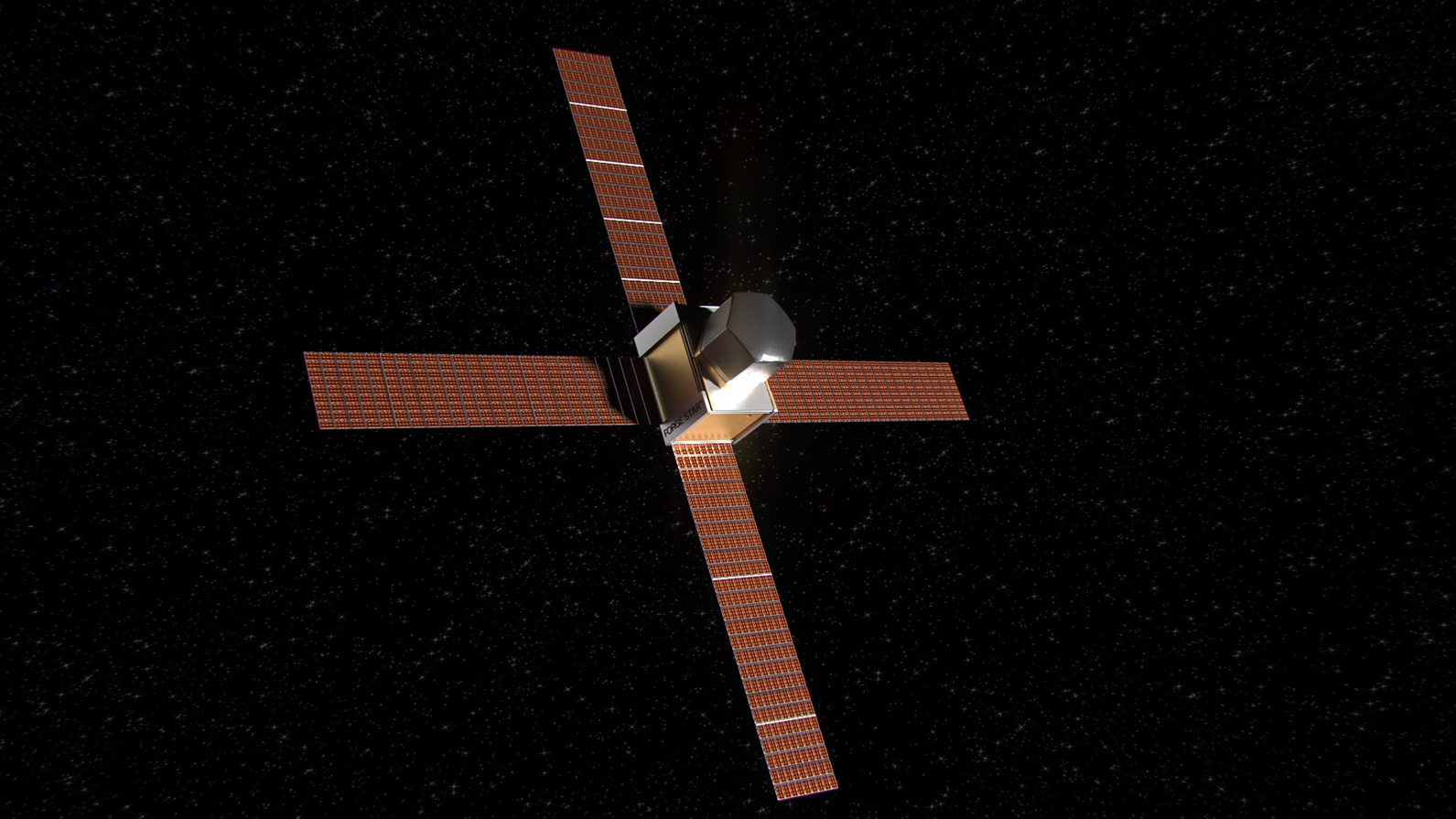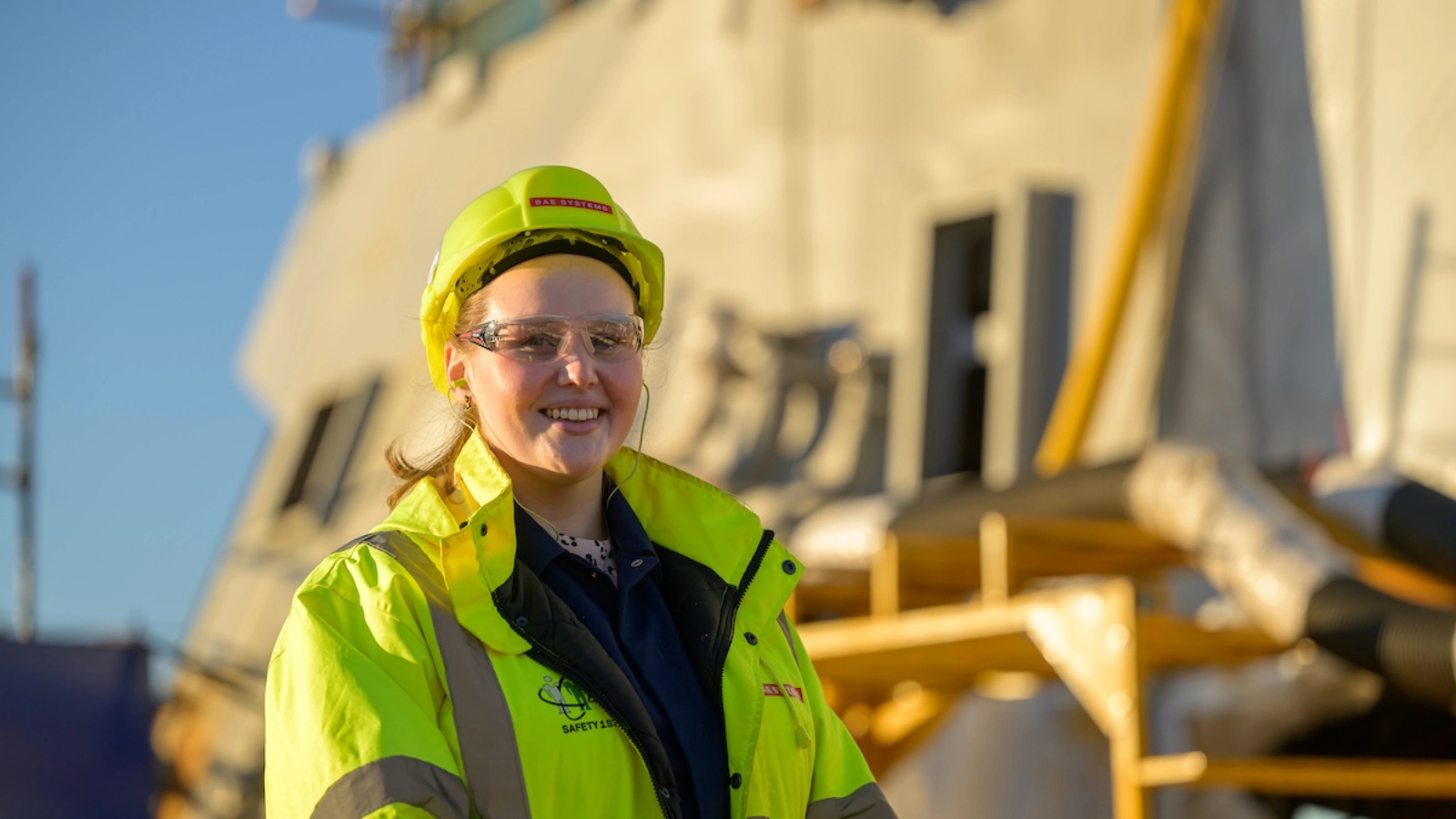O2 launches UK's first driverless cars lab

Above:
A car in action at Darwin Lab. Businesses will trial driverless cars that use 5G and satellite technology to stay connected.
Courtesy UK Space Agency
The introduction of 5G could address many of the technical challenges faced by driverless cars by providing stronger, faster and more reliable data signals. While satellite technology can augment 5G connectivity, allowing the vehicles to operate safely in areas that suffer from poor mobile phone signal.
Reducing the time it takes for information to be sent and received – the latency - compared to 4G is vital to the development of these cars, and could slash the current 20 milliseconds of lag to 1 millisecond – the equivalent of a camera flash.
Backed by funding from the UK Space Agency, the new lab – based at the Harwell Science and Innovation Campus in Oxfordshire – will invite businesses to test driverless cars and use 5G and satellite technology to trial ways of keeping vehicles connected.
With driverless cars and other new major applications requiring seamless connectivity the UK Space Agency is supporting companies to access satellite communications. This is not only growing the UK space sector but opening it up to companies that had previously not been able to access space.
Science Minister Amanda Solloway said: "The UK’s space sector is applying pioneering technologies such as satellite and 5G to essential products and services that will help to transform our everyday lives.
"I am incredibly excited that O2’s first of its kind driverless car lab will enable our most innovative businesses to test these technologies and bring us another step closer to putting self-driving vehicles safely on our roads."
At the site, O2 has already converted two Renault TWIZY electric cars into driverless cars – dubbed ‘Connected Autonomous Vehicles’ or CAVs – that are fitted with LIDAR sensors which allow them to be controlled from the Lab and driven around the Campus.
Using 5G equipment provided by Nokia and geosynchronous communications satellites (GEOs) provided by Hispasat, the satellite operator, O2’s team can remotely track the status of each TWIZY, including their position, movement and speed.
The 4G systems we are familiar with on our mobiles operate with a throughput of about one gigabit (1,000,000,000 bits) per second. By contrast, 5G has a data rate of 20 gigabits.
The lab forms part of Project Darwin – a four-year programme backed by the UK Space Agency and the European Space Agency.
Derek McManus, Chief Operating Officer at O2 said: "We’re delighted to announce that the Darwin SatCom Lab is now open for business at Harwell Campus, allowing companies to put theory into practice and test innovative ideas using our connected and autonomous vehicles.
"The Lab is further proof that O2 is at the forefront of connectivity and accelerating Britain’s recovery by helping British businesses to harness the power of 5G and satellite communications in order to benefit their customers.
"It’s the next step in getting autonomous vehicles on the road and making the UK’s transport network greener."
Antonio Franchi, 5G Strategic Programme Manager at the European Space Agency said: "We are excited to continue working on 5G projects with our partners, especially the Darwin SatCom Lab located on the Harwell Campus, which is also home to the ESA’s European Centre for Space Applications and Telecommunications.
"The Lab, showcasing the integration of 5G and satellite communications for CAVs, is a great example of how next-gen 5G networks will enable new applications and services thanks to their ubiquity, security and resilience."














